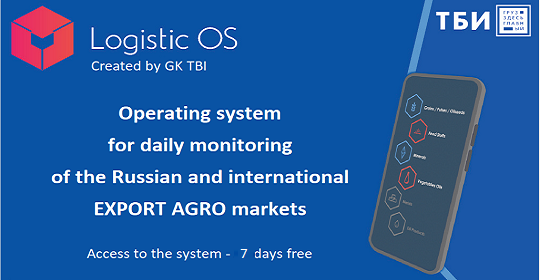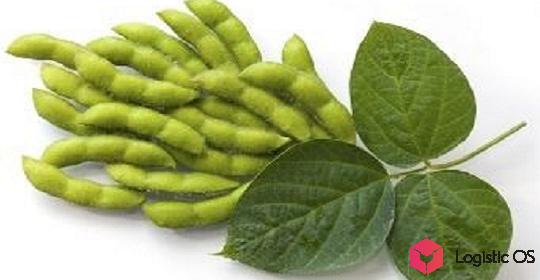Rising fertilizer prices are forcing US agricultural producers to look for alternatives, including cheap generics.
There is information that next season US agricultural producers may begin to use generics much more actively instead of traditional fertilizers and pesticides.
We are talking about substances for which the patent has expired and which, therefore, can now be used by anyone without any permission.
It is noted that the number of available generics is growing. For example, since 2000, the patent for glyphosate has no longer been valid, and over the past 5 years, about two dozen more active substances included in well-known drugs have been released for “free use”.
The main reasons that may push farmers to such decisions are the fall in grain prices and the resulting decrease in income. In other words, many farmers today simply do not have enough money to buy traditional fertilizers.
At the same time, the use of generics has its own risks.
The first of them is the lack of guarantees. If a farmer buys products from a large manufacturing company, such as Bayer, he thereby also buys insurance.
For example, if the product does not work the first time, the company pays for the second spraying. There is nothing like this with generics.
The second risk is a drop in the income of the manufacturing companies themselves.
The shares of the same Bayer have already fallen significantly in price and are now trading at a 20-year low, this could have happened precisely because it became known that many farmers might soon switch to generics.
The third risk is the switch of farmers to other seeds that show resistance to cheap generic herbicides that destroy weeds.
For many producers, the combination of «cheap seeds + cheap protection products» is optimal, since it allows you to reduce production costs, but new varieties may not be productive enough or have low taste and nutritional value.
This creates the possibility that in the near future the quality of agricultural products produced in the United States may significantly decline.
According to a number of experts, modern technologies could be one of the alternatives to switching to cheaper and lower-quality plant protection products.
For example, precision farming, which allows delivering plant protection products exactly where they are needed, and thereby significantly reducing the cost of pesticides and herbicides, which would provide significant savings even without reducing their quality.
However, the introduction of new technologies requires large investments, which many farmers may not undertake due to a lack of funds.

